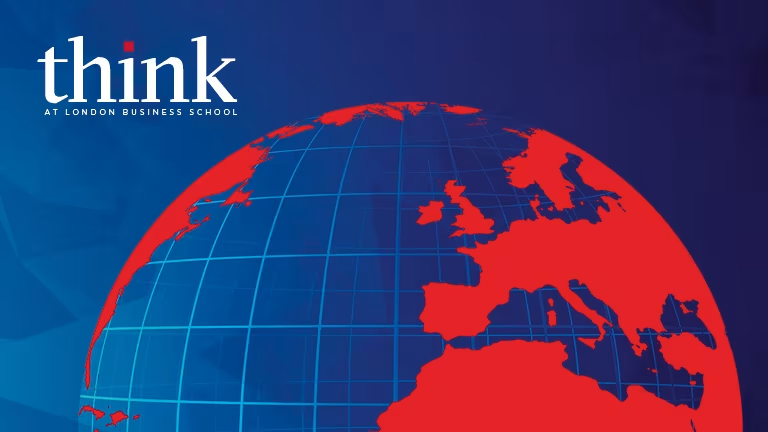
Discover fresh perspectives and research insights from LBS
Think at London Business School: fresh ideas and opinions from LBS faculty and other experts direct to your inbox
Sign upPlease enter a keyword and click the arrow to search the site
Or explore one of the areas below
Entrepreneur who founded a global remittances company – and changed lives in the process

Some entrepreneurs identify business opportunities through rigorous market analysis. Others stumble on their idea by chance. Ismail Ahmed DLEMBA2010, founder and executive chairman of mobile-to-mobile money transfer firm WorldRemit, spotted a gap in the market because he had personal experience of the transformative effect of migrants sending money home. The reason: remittances.
Ahmed grew up in Hargeisa, the capital in the Republic in Somaliland. He describes it as “relatively affluent and beautiful”.
“Somaliland is a country defined by migration and remittance,” he says. “There was a gold rush caused by oil in the nearby Persian Gulf during the 1970s. Many Somalis, including my brother and sister, went to work in the Gulf. Money sent back by those migrant workers helped make Hargeisa prosperous.”
Ahmed founded WorldRemit in 2010. Today it is a booming global company, sending money from more than 50 countries to almost 150 countries, with 720 employees worldwide and a turnover of roughly £95 million a year – up 50% in the last year alone. It has more than 3.5 million customers. Even though it has not yet turned a profit, it has been hailed as “a unicorn in waiting” – a firm worth at least US $1 billion (£750 million).
Ahmed’s idea was for a mobile-based, online money transfer system, which disintermediates and undercuts the banks and traditional remittance firms such as Western Union, but is more secure than informal networks. It first came to him after he won a government scholarship to study economics at the University of London and started sending home the proceeds of his part-time jobs, including summer fruit picking in Kent. He soon witnessed the shortcomings in the system first-hand: “I wanted to send money regularly, but the banks often couldn’t do it because many recipients are unbanked. So, I relied on costly and inconvenient informal networks and agents. It could take weeks for the money to arrive – if it got there at all.

Think at London Business School: fresh ideas and opinions from LBS faculty and other experts direct to your inbox
Sign up